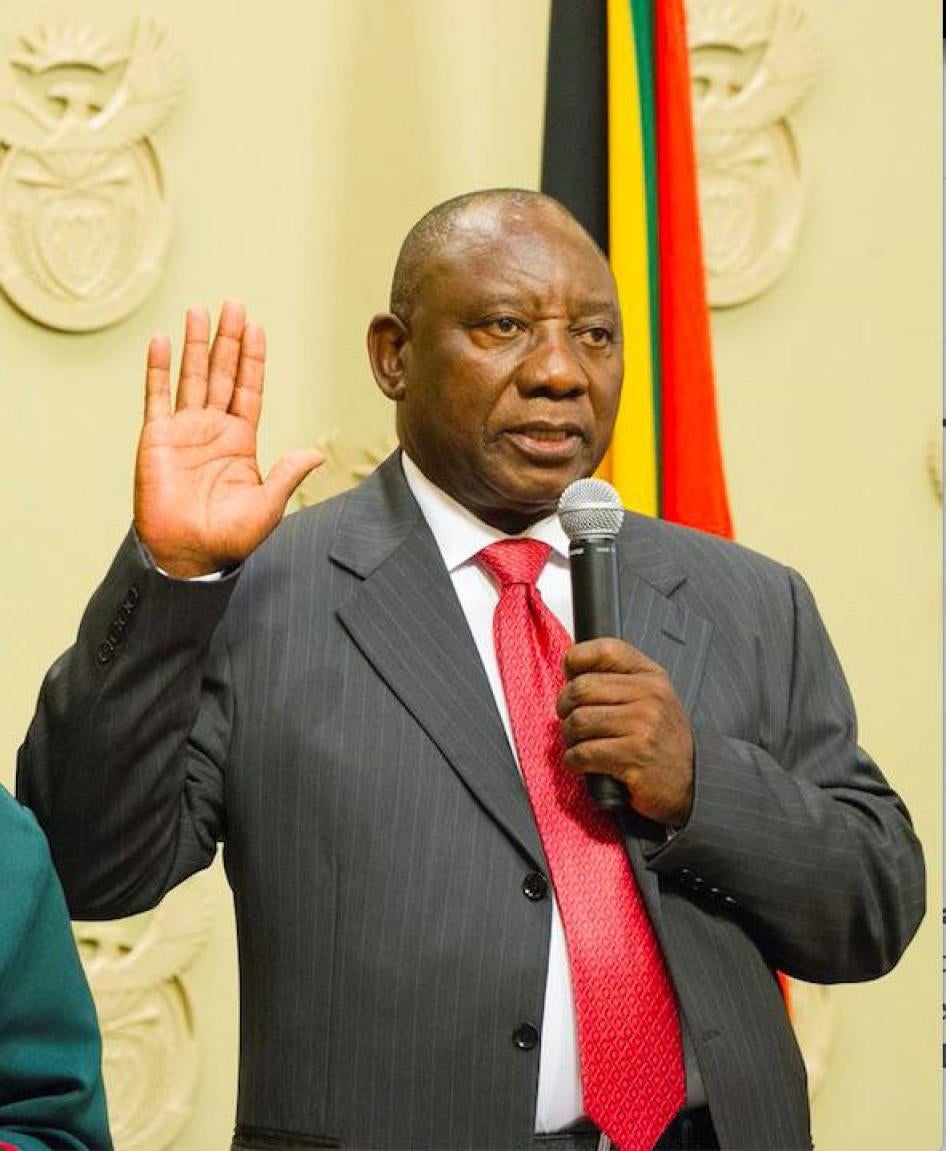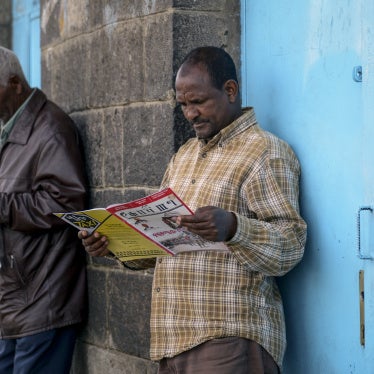South Africa celebrates Human Rights Day this year with big expectations for the new president. Cyril Ramaphosa, in his first State of the Nation address, spoke about a new dawn inspired by the collective memory of Nelson Mandela. He dedicated this year to realising Mandela’s vision of a democratic, just and equitable society.
I hope this means Ramaphosa will draw on Mandela’s declaration in 1994 that “human rights will be the light that guides our foreign policy”, to restore South Africa’s human rights leadership on the continent.
South Africa is widely recognised as an emerging power and member of the Brazil, Russia, India, China, and South Africa (Brics) bloc. But during the Zuma administration it visibly retreated from a human rights-based foreign policy.
Its actions abroad, including support for the suspension of the Southern African Development Community (SADC) Tribunal’s operations in 2010, undermined international human rights protection. A recent judgment by the high court in Pretoria found that then-president Jacob Zuma acted unlawfully, irrationally and unconstitutionally in supporting that resolution. The SADC Tribunal was stripped of its powers, denying victims of human rights violations a fair and impartial mechanism for seeking redress and holding governments accountable.
In 2015, South Africa failed to honour its obligations to the International Criminal Court when it allowed Sudanese President Omar al-Bashir to leave the country after attending an African Union summit in South Africa, despite an ICC warrant for his arrest. The government’s action defied a high court order barring him from leaving pending a decision on the country’s obligation to execute the warrant.
In October 2016, South Africa announced its intention to withdraw from the ICC despite having been one of the most active African countries in the negotiations to establish the court and among the first 10 countries to sign the court’s Rome Statute in 2000. When national courts ruled the withdrawal unconstitutional because Parliament had not ratified the decision, the government cancelled the withdrawal notice and began the process afresh, initiating ICC withdrawal processes in Parliament.
Ramaphosa can use the ICC debacle to reaffirm South Africa’s clear commitment to international justice and its legal obligations under the Rome Statute. In addition, Ramaphosa should take steps to ratify the Malabo Protocol, adopted in 2014 by the AU to grant criminal jurisdiction to the African Court on Human and Peoples’ Rights, which remains in limbo because it has not received the 15 ratifications required to make it operational. South Africa can lead in removing its major weakness, an article that grants immunity from prosecution to sitting heads of state and other senior officials.
Ramaphosa can also use South Africa’s term as current chair of the SADC and upcoming leadership of the Brics bloc as opportunities to reiterate South Africa’s commitment to multilateralism and to advance human rights and global justice.
Taking these positive steps will help restore South Africa to a moral high ground to safeguard human rights and to help resolve complex political conflict and security issues across the continent. This includes, as the SADC chair, addressing the escalating political crisis in the Democratic Republic of the Congo (DRC) where President Joseph Kabila is clinging to power beyond his constitutionally mandated two-term limit. The AU has allocated responsibility for the DRC crisis to the SADC.
In Zimbabwe a new administration led by Emmerson Mnangagwa, following the November 2017 military coup, is preparing for elections constitutionally scheduled for July or August. The SADC and the AU should press Zimbabwe to develop measures to prevent electoral violence and to ensure that security forces will be politically neutral and will not interfere in the election.
South Africa’s leadership could also help bring positive change to Swaziland, ruled by an absolute monarch since 1986. Opposition political parties have been banned, the independence of the judiciary is severely compromised and repressive laws are used to target critics of the government and the king.
South Africa should demonstrate the truth behind the statement in its 2011 foreign policy white paper, which says: “Since 1994, the international community has looked to South Africa to play a leading role in championing values of human rights.” The celebration of Human Rights Month and the year of Nelson Mandela, marking the centenary of his birth, is a great opportunity to recommit the country to the promotion of human rights in its domestic and foreign policy agenda.









